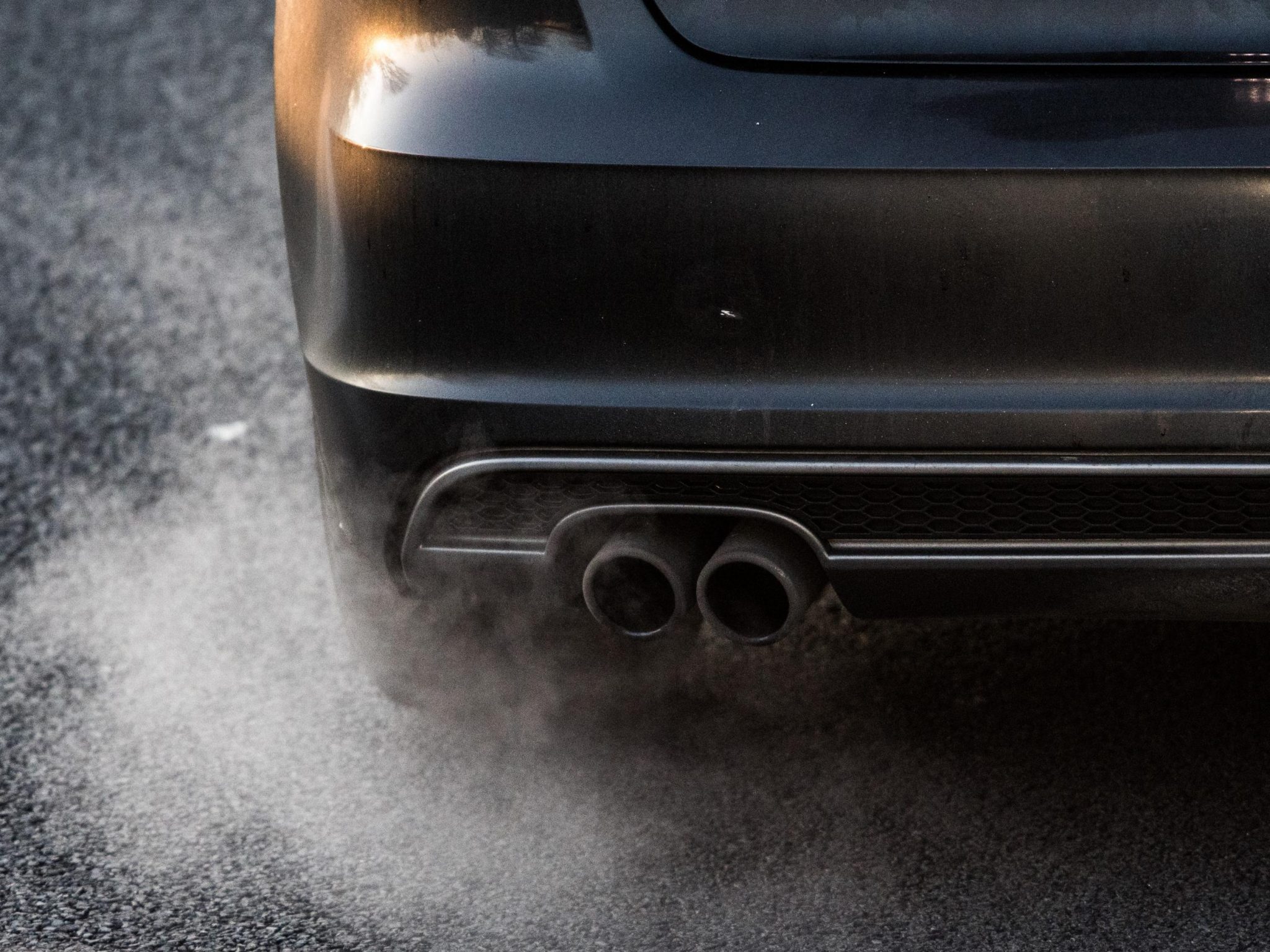
While Barack Obama was president (remember that glorious time?), the EPA instituted a set of goals for automakers. These goals were intended to improve vehicle efficiency and to reduce greenhouse gas emissions. The terms had stated that companies have until 2025 to get their fuel efficiencies up to a fleet average of 51.4 miles per gallon. Because this requires a lot of work by automakers, they have been asking Donald Trump to make changes to these regulations ever since he took office.
It now looks like the EPA is going to cut back on those requirements. Is this really a good idea? I mean, I’m not surprised, given that Trump has not been on board with anything environmentally friendly. This started back in early 2017. Companies like Ford, GM, Honda and Volkswagen sent a letter to the president asking him to reconsider the guidelines put in place by the Obama administration. In October, the Alliance of Automobile Manufacturers made those same requests to the EPA and the National Highway Safety Administration (NHTSA). The companies claim that the current standards underestimate the costs associated with these goals. They also suggest that government overestimates how effective conventional technologies will be in achieving these goals.

I mean, it sounds like a lot of complaining, doesn’t it? I work in an industry that is highly regulated. Which means, we are constantly having to come up with ways to achieve certain goals. Some of them are extremely difficult to achieve. They require creative solutions, but we still do our best to ensure they get implemented and we achieve the goals set out by the government. That doesn’t mean we don’t complain when we struggle with how to implement. I think the difference between what my industry does and what the auto industry is doing has a lot to do with who is in the government at the time.
By that, I mean, they aren’t happy with Obama’s rules, so they’re going to complain to Trump and get it changed around. In my industry, we complain when the regulation isn’t achievable. Not necessarily because we just don’t agree with what is being proposed. I’ve digressed a bit, but I am trying to make a point here. What is the difference between lobbying for necessary change, and complaining about an existing regulation?

Bloomberg reports that the Trump administration has made the announcement that they will start rolling back the standards currently in place. The EPA has gone so far as to say that “the Obama EPA’s determination was wrong”. This is key to my point earlier. Just because you don’t like what someone else says, doesn’t mean that its wrong. As a result, the EPA and the NHTSA are now going to work together to develop a new set of standards. Seriously? This is what we in the industry like to call a “make work” project. It’s going to cost more money to roll back the regulation than to just implement it in the first place. Further, it’s going to cost public, tax dollars, to roll this back. This money isn’t coming out of the private sector auto industry. Keep that in mind.
California has its own waiver that allows it to set its own vehicle efficiency standards. The EPA, however, is rethinking that waiver. What’s interesting is that Scott Pruitt, from the EPA, starts to use federalism as the reason as to why California can’t have their own standards. While I think that argument can be made in some cases, it should not be made when a state is trying to better itself in terms of its environmental practices. Also, when was the last time that federalism was used as a justification for a regulatory rollback? This whole thing is a joke.
The EPA, or rather, someone who is giving the EPA direction doesn’t want California to have their own rules, because they’re worried about other states coming on board. 12 other states are attempting to follow suit. This is just one more decision from the Trump administration to de-legitimize any kind of environmental protections. Where will it stop? Unfortunately, it probably won’t.



